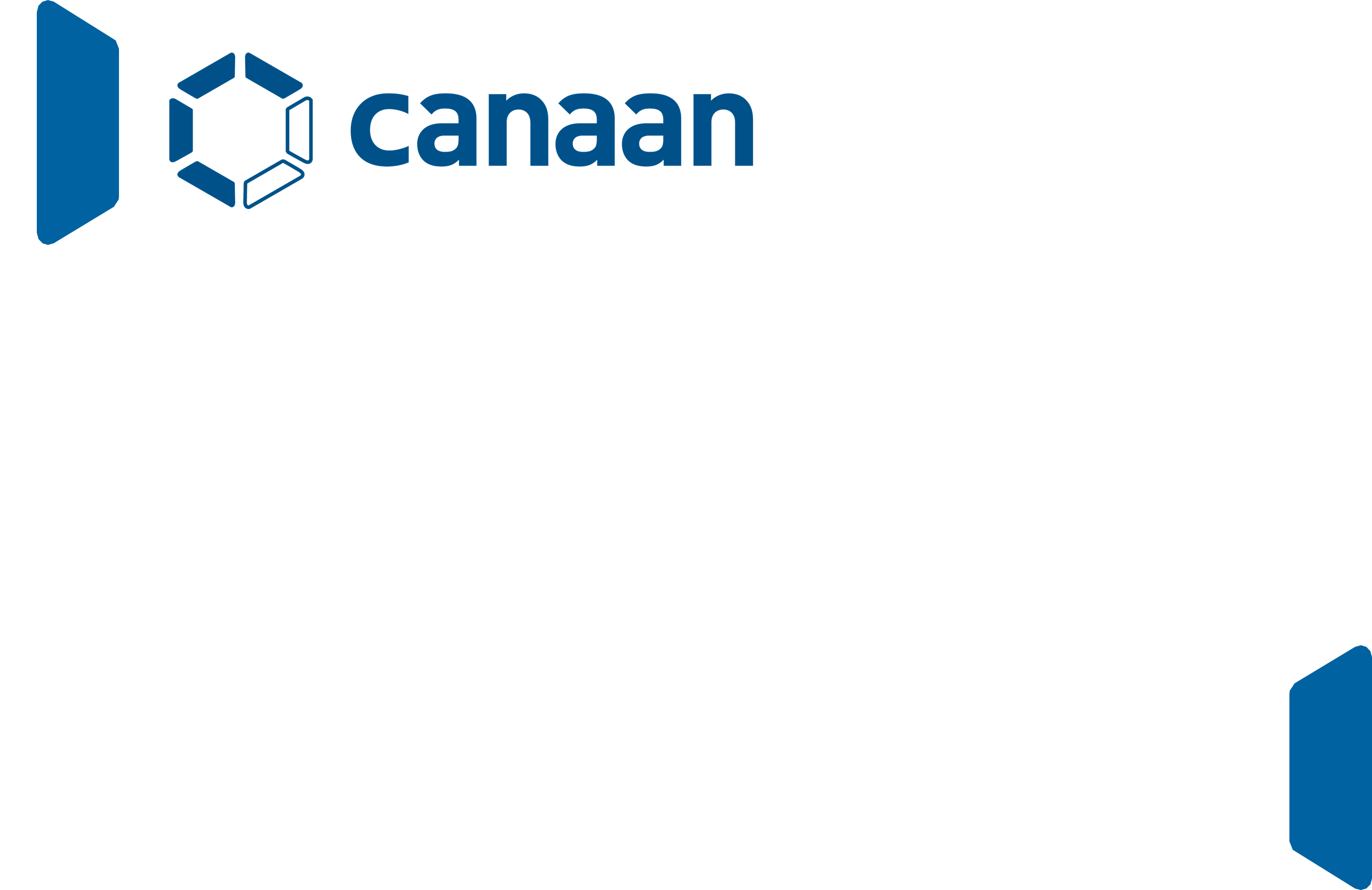K230 Practical Basics - hello world#

Copyright 2023 Canaan Inc. ©
Disclaimer#
The products, services or features you purchase should be subject to Canaan Inc. (“Company”, hereinafter referred to as “Company”) and its affiliates are bound by the commercial contracts and terms and conditions of all or part of the products, services or features described in this document may not be covered by your purchase or use. Unless otherwise agreed in the contract, the Company does not provide any express or implied representations or warranties as to the correctness, reliability, completeness, merchantability, fitness for a particular purpose and non-infringement of any statements, information, or content in this document. Unless otherwise agreed, this document is intended as a guide for use only.
Due to product version upgrades or other reasons, the content of this document may be updated or modified from time to time without any notice.
Trademark Notice#
 , “Canaan” and other Canaan trademarks are trademarks of Canaan Inc. and its affiliates. All other trademarks or registered trademarks that may be mentioned in this document are owned by their respective owners.
, “Canaan” and other Canaan trademarks are trademarks of Canaan Inc. and its affiliates. All other trademarks or registered trademarks that may be mentioned in this document are owned by their respective owners.
Copyright 2023 Canaan Inc.. © All Rights Reserved. Without the written permission of the company, no unit or individual may extract or copy part or all of the content of this document without authorization, and shall not disseminate it in any form.
overview#
This article will explain how to use the cross-compilation tool on the PC side to compile a Hello World basic program and run it on the large-core RT-Smart or small-core Linux.
Environment preparation#
Hardware environment#
K230-USIP-LP3-EVB-V1.0/K230-USIP-LP3-EVB-V1.1
Ubuntu PC 20.04
Typec USB cable * 2 at least
USB TypeC to Ethernet (if using TFTP loading and NFS file system)
One network cable
SD card (if booting with an SD card, or software requires access to the SD card)
Software environment#
The toolchains are provided in the k230_sdk and are available in the following paths.
Big core RT-SAMRT toolchain
k230_sdk/toolchain/riscv64-linux-musleabi_for_x86_64-pc-linux-gnu
Small-core Linux toolchain
k230_sdk/toolchain/Xuantie-900-gcc-linux-5.10.4-glibc-x86_64-V2.6.0
The toolchain can also be downloaded via the link below
wget https://download.rt-thread.org/rt-smart/riscv64/riscv64-unknown-linux-musl-rv64imafdcv-lp64d-20230222.tar.bz2
wget https://occ-oss-prod.oss-cn-hangzhou.aliyuncs.com/resource//1659325511536/Xuantie-900-gcc-linux-5.10.4-glibc-x86_64-V2.6.0-20220715.tar.gz
Code writing#
Create a C file hello.c on ubuntu and add the following code
#include <stdio.h>
int main (void)
{
printf("hello world\n");
return 0;
}
Put hello.c in the same directory as k230_sdk
canaan@develop:~/work$ ls
hello.c k230_sdk
Compile executable programs for small-core Linux#
k230_sdk/toolchain/Xuantie-900-gcc-linux-5.10.4-glibc-x86_64-V2.6.0/bin/riscv64-unknown-linux-gnu-gcc hello.c -o hello
Compile executable programs for large-core rt-smart#
k230_sdk/toolchain/riscv64-linux-musleabi_for_x86_64-pc-linux-gnu/bin/riscv64-unknown-linux-musl-gcc -o hello.o -c -mcmodel=medany -march=rv64imafdcv -mabi=lp64d hello.c
k230_sdk/toolchain/riscv64-linux-musleabi_for_x86_64-pc-linux-gnu/bin/riscv64-unknown-linux-musl-gcc -o hello.elf -mcmodel=medany -march=rv64imafdcv -mabi=lp64d -T k230_sdk/src/big/mpp/userapps/sample/linker_scripts/riscv64/link.lds -Lk230_sdk/src/big/rt-smart/userapps/sdk/rt-thread/lib -Wl,--whole-archive -lrtthread -Wl,--no-whole-archive -n --static hello.o -Lk230_sdk/src/big/rt-smart/userapps/sdk/lib/risc-v/rv64 -Lk230_sdk/src/big/rt-smart/userapps/sdk/rt-thread/lib/risc-v/rv64 -Wl,--start-group -lrtthread -Wl,--end-group
Run the program#
Copy the compiled hello and hello.elf to the vfat partition of the sd card (you can see an available drive letter on the PC after the sd card has flashed the image), or copy the executable program to the /sharefs directory of the little core by other means (refer to the SDK user documentation).
After the board starts, run the test program on the little core side, and enter the console after the little core is started
root
Welcome to Buildroot
canaan login: root
[root@canaan ~ ]#cd /sharefs
[root@canaan /sharefs ]#./hello
hello world
Run the test program on the big core side
msh /sharefs>hello.elf
hello world
Advanced compilation of big core programs#
If the big core is compiled directly with musl-gcc, the compilation parameters are more, which is very inconvenient for beginners and not easy to understand, the current SDK provides two ways for compiling big core programs, respectively scons and Makefile, here we introduce the compilation method of scons, the compilation and construction of Makefile is more complicated, not the compilation method provided by rt-smart officially, interested readers can refer tosrc/big/mpp/userapps/sampleMakefile structure to compile.
Go to the k230_sdk/src/big/rt-smart/userappsdirectory and create a folder named hello
cd k230_sdk/src/big/rt-smart/userapps
mkdir hello
cd hello
Create the following three files
hello.c
SConscript
# RT-Thread building script for component
from building import *
cwd = GetCurrentDir()
src = Glob('*.c')
CPPPATH = [cwd]
CPPDEFINES = [
'HAVE_CCONFIG_H',
]
group = DefineGroup('hello', src, depend=[''], CPPPATH=CPPPATH, CPPDEFINES=CPPDEFINES)
Return('group')
SConstruct
import os
import sys
# add building.py path
sys.path = sys.path + [os.path.join('..','..','tools')]
from building import *
BuildApplication('hello', 'SConscript', usr_root = '../')
After that, go back to the k230_sdk/src/big/rt-smart/directory and configure the environment variables
canaan@develop:~/k230_sdk/src/big/rt-smart$ source smart-env.sh riscv64
Arch => riscv64
CC => gcc
PREFIX => riscv64-unknown-linux-musl-
EXEC_PATH => /home/canaan/k230_sdk/src/big/rt-smart/../../../toolchain/riscv64-linux-musleabi_for_x86_64-pc-linux-gnu/bin
Go to k230_sdk/src/big/rt-smart/userappsthe directory and compile the program
canaan@develop:~/k230_sdk/src/big/rt-smart/userapps$ scons --directory=hello
scons: Entering directory `/home/canaan/k230_sdk/src/big/rt-smart/userapps/hello'
scons: Reading SConscript files ...
scons: done reading SConscript files.
scons: Building targets ...
scons: building associated VariantDir targets: build/hello
CC build/hello/hello.o
LINK hello.elf
/home/canaan/k230_sdk/toolchain/riscv64-linux-musleabi_for_x86_64-pc-linux-gnu/bin/../lib/gcc/riscv64-unknown-linux-musl/12.0.1/../../../../riscv64-unknown-linux-musl/bin/ld: warning: hello.elf has a LOAD segment with RWX permissions
scons: done building targets.
The compiled program is in the hello folder
canaan@develop:~/k230_sdk/src/big/rt-smart/userapps$ ls hello/
build cconfig.h hello.c hello.elf SConscript SConstruct
Hello.Elf can then be copied to the small-core Linux, and the large-core rt-smart can run the program through /sharefs